Can Dogs Mate with Wolves? Yes
Dogs and wolves are similar to each other biologically. On the other hand they differ in behavior and instincts. Here, we will explore the biological connection between dogs and wolves, the history of admixture, the mating process, breeding outcomes, and legal or ethical aspects. Keep reading if you are curious or concerned about breeding a wolf with a dog.
Table of Contents
Understanding the Biological Connection Between Dogs and Wolves
Dogs and wolves have a biological connection through their shared ancestor, the gray wolf (Canis lupus). Even after domestication, dogs and wolves have genetic similarities. Therefore, they can successfully reproduce. Throughout history, inbreeding has happened for various reasons, like creating hybrids with specific traits. Understanding the origin and behaviour of dogs and wolves helps to understand their compatibility.
The Genetic Similarities
- The domestic dog, Canis lupus familiaris, is a subspecies of the gray wolf, Canis lupus.
- Wolf genes are one of the detectable ancestor genes of dogs.
- Dogs and wolves share physical and behavioural traits.
- Bleeding between wolves and domesticated dogs results in viable offspring with a mix of wolf and dog genes.
The Difference in Behaviour and Instincts
- Due to the domestication process and selective breeding, dogs and wolves differ in their behaviour and instincts.
- Dogs have been bred for obedience, socialization, and prey drive for thousands of years. Whereas wolves are wild animals with unique physiological and environmental requirements, which makes them unsuitable pets.
- Dogs have become part of human families, but wolves are independent creatures with their own set of instincts and behaviours.
Instances of Dog and Wolf Admixture
Throughout history, there have been different cases of breeding between dogs and wolves. This was to get working animals with wolf-like traits. However, breeding dog-wolf hybrids can lead to legal issues. Every country and state has different inbred rules and regulations.
Historical Evidence of Dog-Wolf Breeding
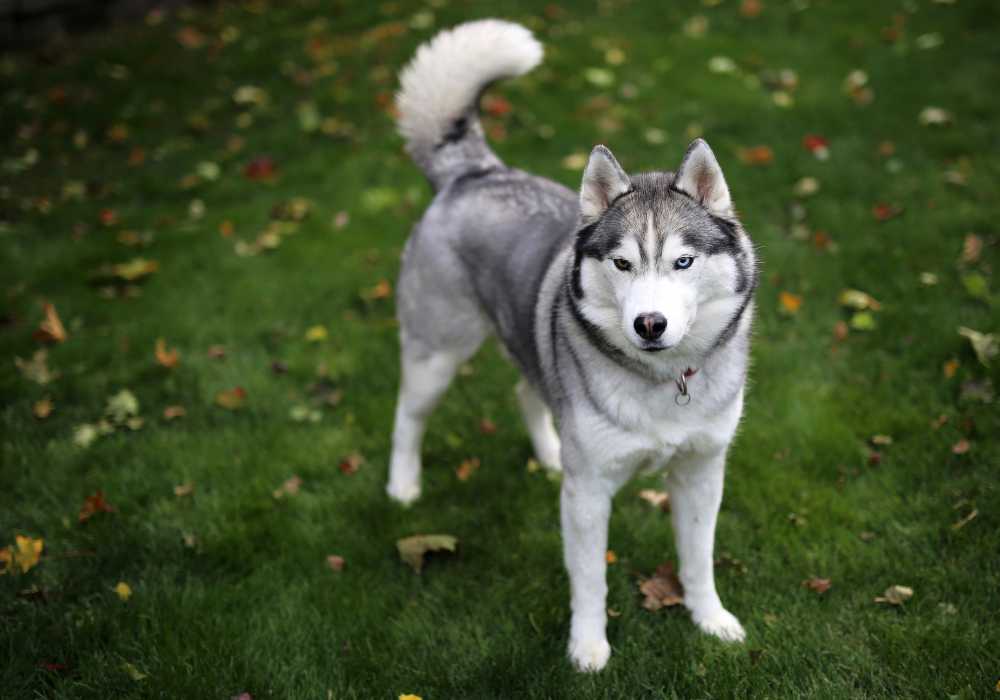
Certain dog breeds have a lineage that goes back to wolves. Dogs like Pitbulls have wolf genes that allow them to thrive in colder climates. Huskies also inherited traits from wolves that help them withstand frigid temperatures.
Dogs can breathe with wolves like mulse and jackdonkeys. The hybrid offspring is called the wolfdog. They have several survival advantages.
Modern Cases of Dog-Wolf Hybrids
Modern dog-wolf hybrids are created through intentional breeding programs. A genetic mixture of these hybrids can range from low wolf content to pure wolf content. Genetic testing can determine the level of Wolf content. Also, these hybrids can reproduce with both wolves and domesticated dogs.
The Process of Mating Between Dogs and Wolves
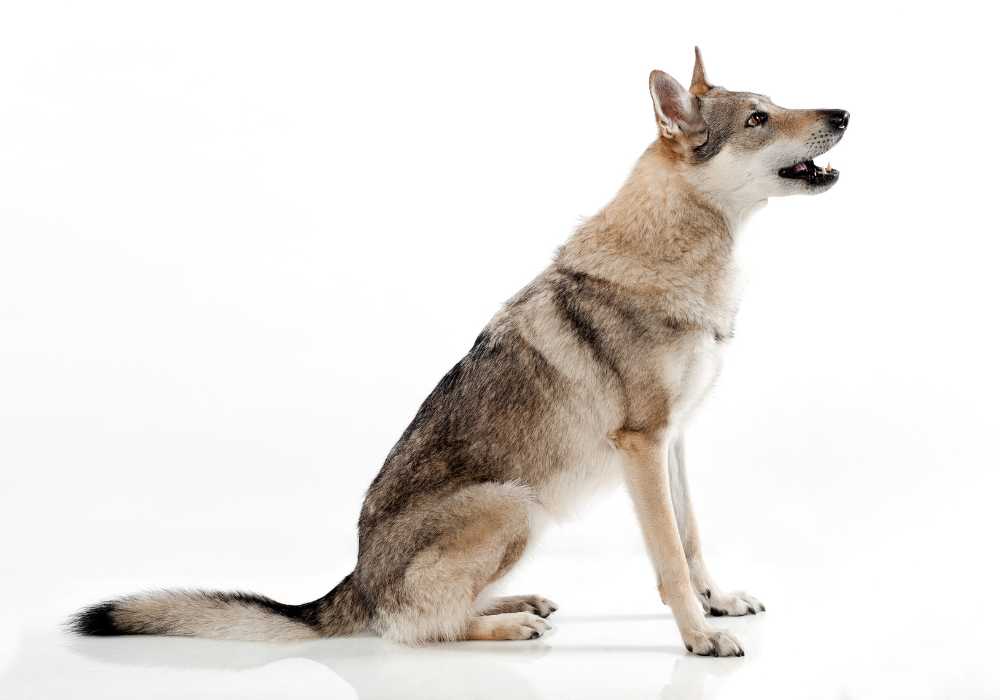
Interbreeding between dogs and wolves can occur naturally or with the help of breeders. Lots of factors, like population size, affect the chances of inbreeding. Depending on their parents ‘ ancestry, the resulting puppies have a mixture of dog and wolf trade. Genetic testing helps with the process. These offspring are popular among those who want to have wolf-like pets. Needs to be more intentional in reading, raising concerns about responsible management and care for these unique hybrids.
Factors that Influence Interbreeding
- One crucial factor is the genetic compatibility between the two species.
- A closer genetic relationship increases the chances of viable offspring.
- Another factor is the socialization of the dog with wolves. Otherwise, there can be a rejection of mating in both wolves and dogs.
- Keeping these animals together can influence the breeding process.
The Challenges and Risks Involved
- One major obstacle is the wild nature of the wolf, which differs significantly from domesticated dogs. This can lead to behavioural issues in offspring as domestic pets.
- Mating two different species can result in genetic abnormalities in the offspring.
- There are legal implications involved in breeding hybrid animals.
- The progeny from dog-wolf breeding may have different needs than regular dogs, requiring special housing, socialization, and obedience training.
The Outcome of Dog-Wolf Breeding
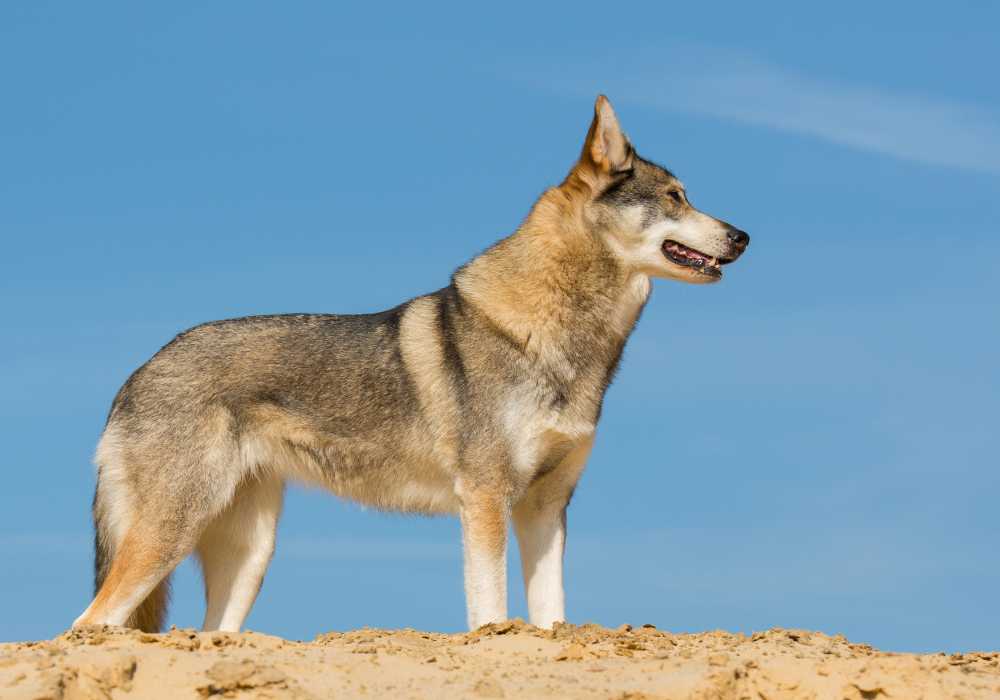
The hybrid offspring can showcase the combined physical and behavioral characteristics of its parents. The resulting offspring can inherit traits from both species, resulting in diverse outcomes. By considering factors like the specific genetic makeup of parents, it is possible to anticipate the hybrid offspring’s different physical and behavioural traits.
Physical and Mental Traits of the Offspring
The meeting dogs and oops can have offspring with mixed traits. They can have a combination of wolf-like independence and dog-like loyalty. Also, the appearance can vary. The genetic makeup of the hybrids influences their behaviour, temperament, and adaptability.
Health Concerns and Lifespan of the Hybrids
Genetic issues like hip dysplasia, genetic disorders, and autoimmune diseases are possible among dog-wolf hybrids. It is essential to consult a vet in case of hybrid care. The lifespan is not definite. Some are seen to live shorter than purebred dogs, while others are similar to wolves.
Legal and Ethical Aspects of Dog-Wolf Breeding
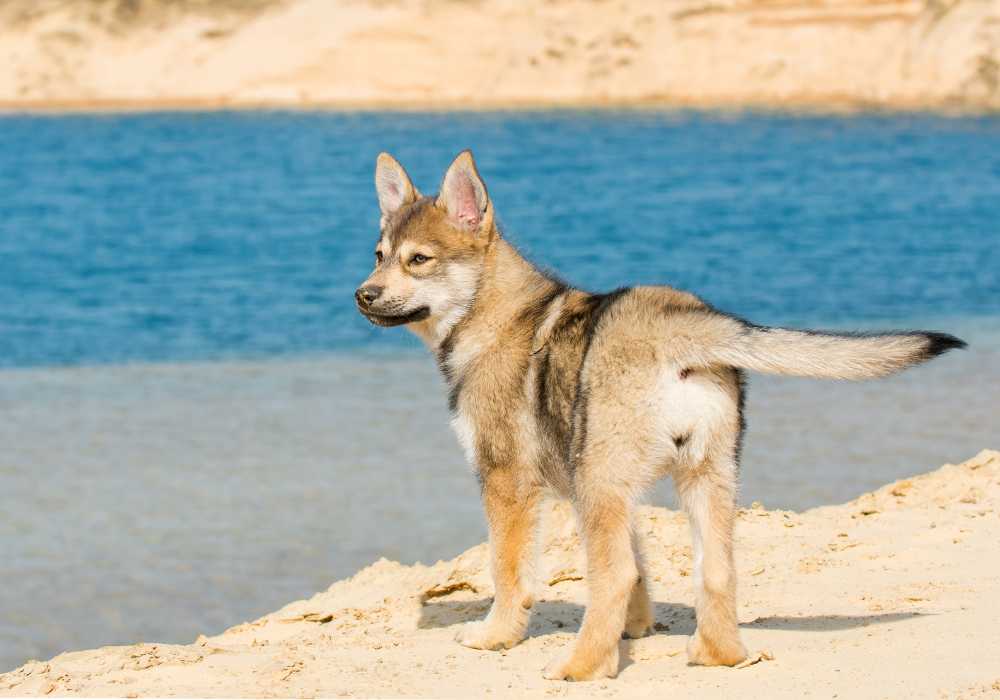
Creating dog-wolf hybrids can raise legal and ethical considerations. Laws regarding dog-wolf hybrid breeding vary across the globe. Some countries have laws prohibiting such breeding altogether. Ethical concerns arise due to the welfare issues faced by hybrid offspring. Responsible breeding practices, socialization, and proper housing are necessary. Understanding the legal implications and the impact of dog-wolf breeding on animal welfare is essential.
Can Breeding Dogs with Wolves Be Considered Ethical?
Inbreeding between wolves and dogs can be a subject of ethical debate. Some argue that this can lead to physical and psychological challenges. Whereas others believe responsible breeding and proper care can bypass the obstacles. Understanding the unique needs of the hybrids and making informed decisions is crucial.
Frequently Asked Questions
What would happen if a dog mated with a wolf?
If a dog were to mate with a wolf, the resulting offspring would be wolfdog hybrids. They exhibit mixed characteristics. Also, the hybrid can have some unpredictable nature, so it is discouraged from inbreeding. They also required constant care, different from house dogs.
Can a dog breed with a wolf?
Due to similar genetic ancestors, breeding a dog with a wolf is possible. The success of the breeding depends on various factors. But history says if they are taken care of properly with genetic analysis, it is possible to create healthy offspring.
What is the purpose behind breeding a wolfdog?
The primary purpose of breeding a wolfdog is to get a good-quality pet from both wolf and dog. Sometimes, they have more remarkable survival instincts than general dog puppies.
How did humans start breeding wolves into dogs?
The origins of dog domestication are still unclear. It is believed to have started around 15,000 years ago. Over time, dogs were bred for specific purposes, and today, there are over 300 recognized breeds with different characteristics.
What’s the closest dog breed I can safely get to a wolf?
The closest dog breed to a wolf that you can safely get is the domesticated Siberian Husky. Other breeds, like Alaskan Malamutes and German Shepherds, also possess similar characteristics to wolves.
Conclusion
The biological connection between dogs and wolves is undeniable. They have both similarities and differences of their own. History suggests that there are several successful inbreeding. However, factors, challenges, and risks must be evaluated. Offspring have their unique traits. Some are beneficial, whereas others need special treatment. The legal and ethical aspects of dog-wolf breeding raise questions about its ethics.
Share me if you have any stories and thoughts.I will love to read your feedback.Stay with dogcluster and gather knowledge about dog.

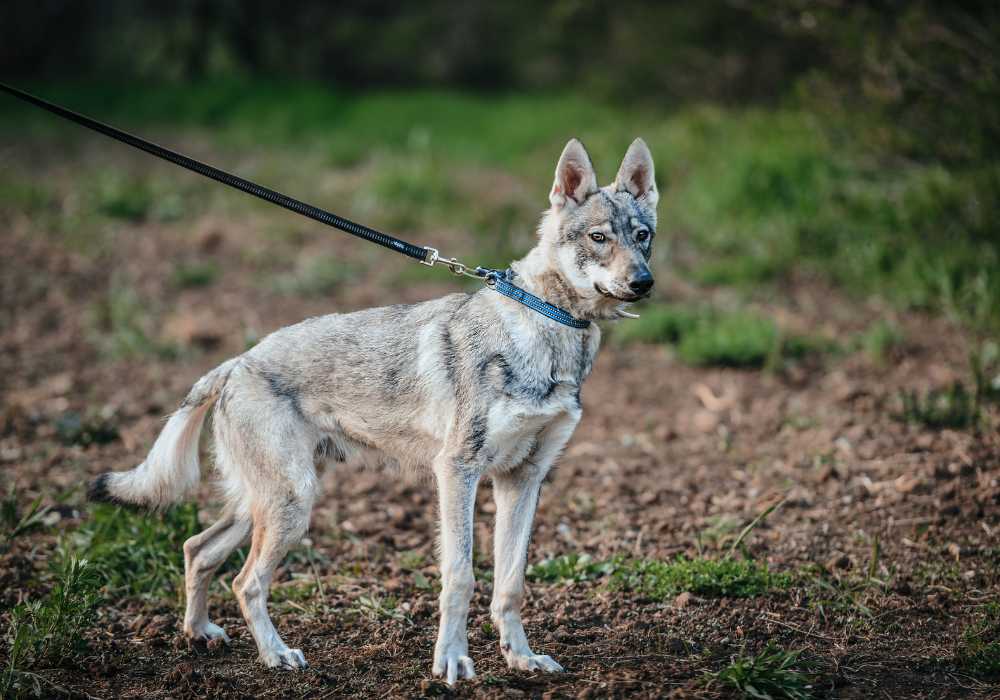
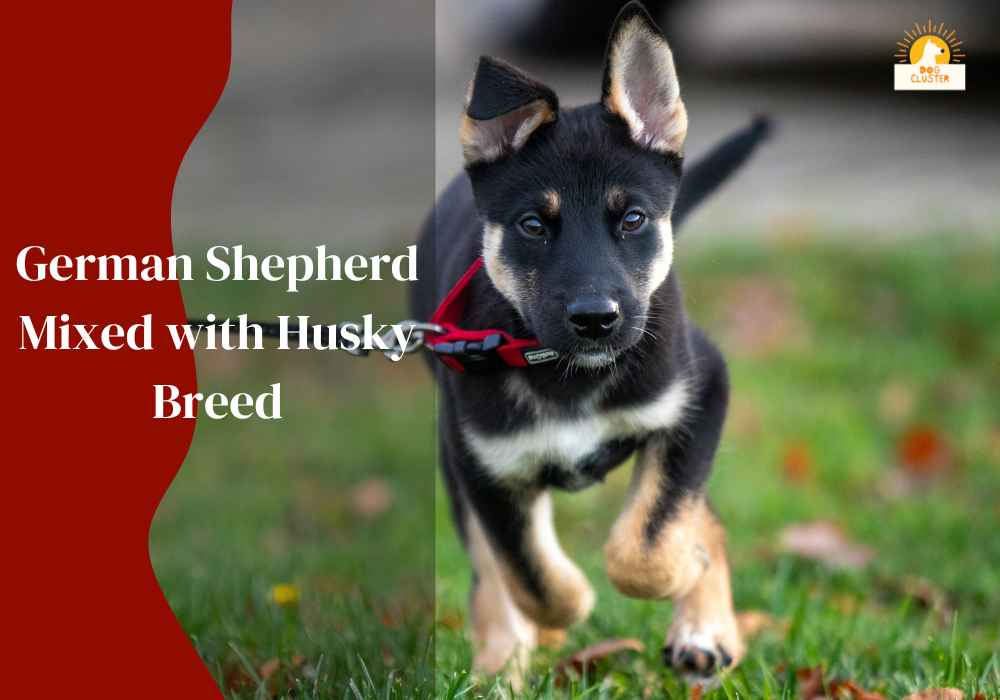
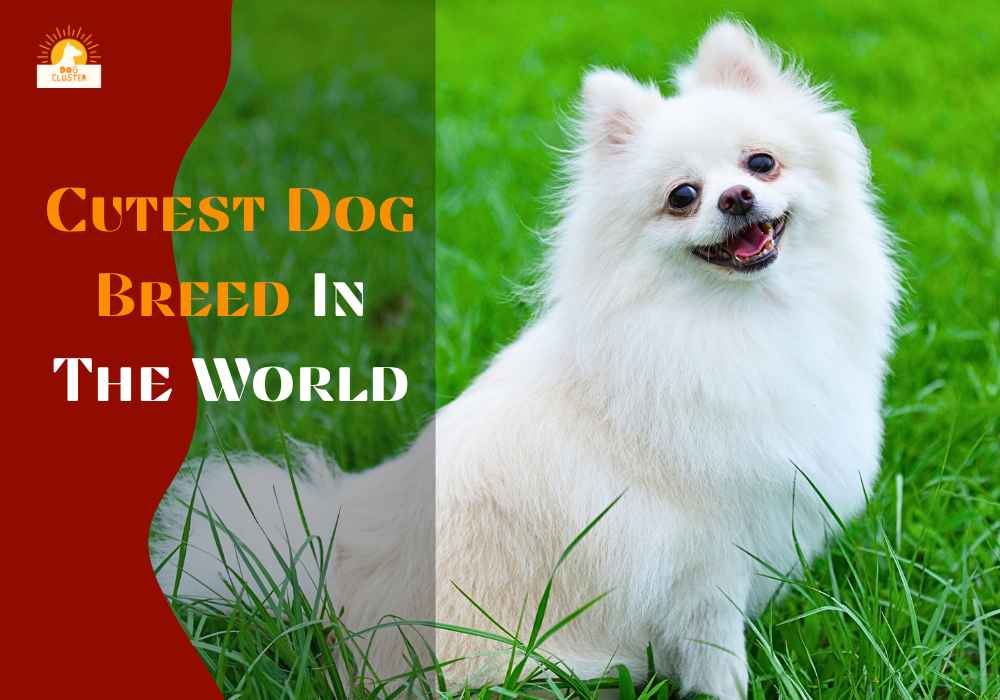
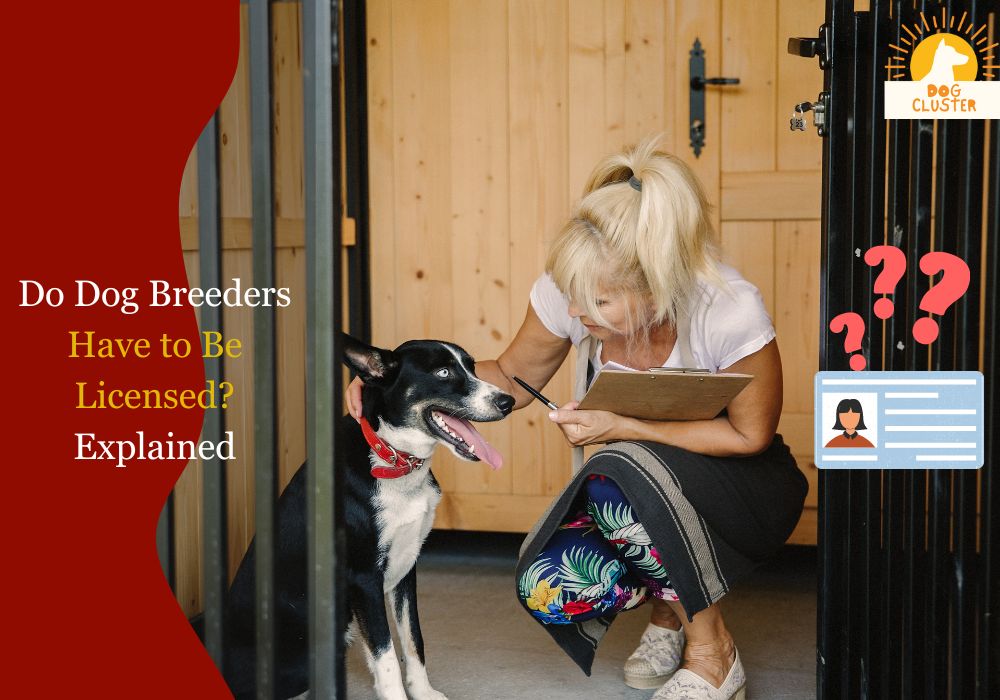
Leave a Reply